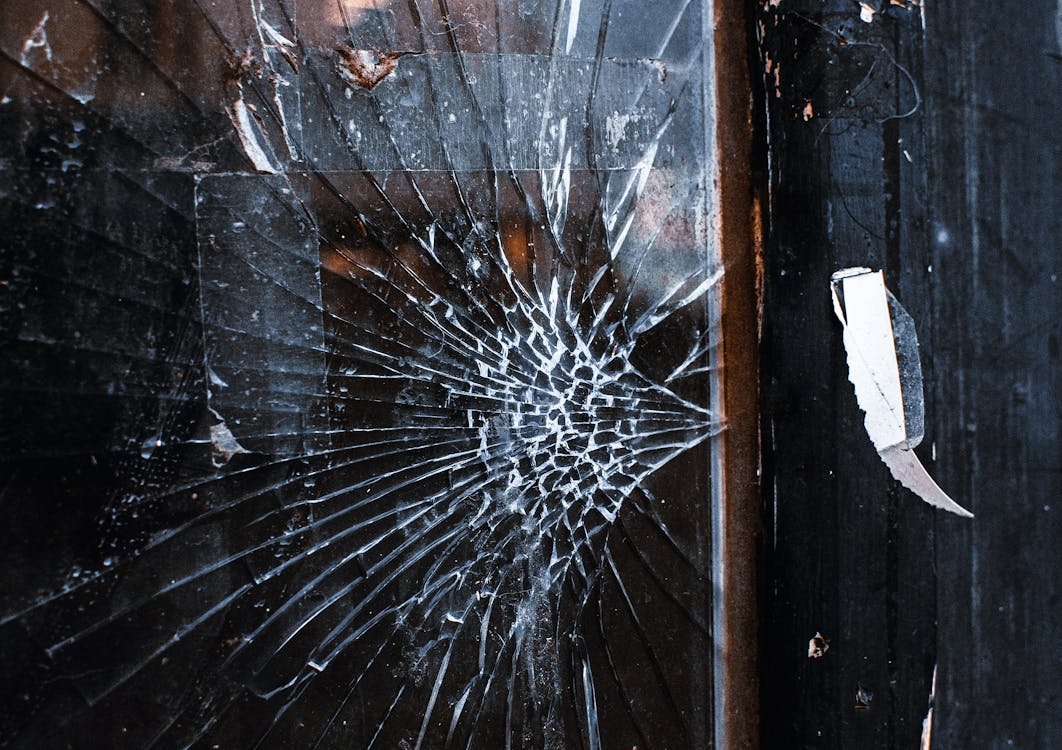Desenvolvimento de Competências Sociais na mesa de jogo
Os jogos de RPG (Role-Playing Games) de mesa têm vindo a ganhar uma popularidade crescente em todo o mundo. Para isso contribuiram algumas séries televisivas e a transformação de mesas reaisi em mesas virtuais (mas essa é outra conversa). Nestes jogos, um grupo de participantes assumem personagens fictícias e colaboram na construção de narrativas imaginárias. Apesar de muitos verem ou consideram que os RPG são apenas uma forma de entretenimento, eles têm demonstrado um notável potencial no desenvolvimento de competências sociais. Neste pequeno artigo, explorarei a aplicabilidade dos jogos de RPG de mesa no fortalecimento das habilidades interpessoais e na promoção do crescimento pessoal.
Comunicação Efetiva
Um dos aspetos mais importantes dos jogos de RPG é a necessidade de comunicação efetiva. Os jogadores devem interagir uns com os outros (e com o Mestre do Jogo, quando existente) para avançar na história e resolver desafios. Esta interação promove o desenvolvimento das habilidades de comunicação verbal e não verbal, como a expressão facial, a linguagem corporal e a escuta ativa. Os jogadores exercitam e aprendem a comunicar as suas ideias de forma clara e a ouvir atentamente os outros, o que é fundamental para o sucesso nas relações interpessoais.
Empatia e Perspetiva
Os jogos de RPG exigem que os participantes assumam o papel de personagens com diferentes origens, personalidades e motivações. Esta experiência permite-lhes explorar o mundo através de perspetivas diversas e desenvolver empatia. Ao compreenderem as motivações das personagens que interpretam, os jogadores tornam-se mais capazes de compreender as motivações das pessoas na vida real. Isso facilita a empatia e a capacidade de se colocarem no lugar dos outros.
Tomada de Decisão e Resolução de Conflitos
Nos jogos de RPG os jogadores são frequentemente confrontados com situações desafiadoras que requerem tomada de decisão rápida e resolução de conflitos. Os jogadores aprendem a avaliar as opções disponíveis, a considerar as consequências das suas escolhas e a trabalhar em conjunto para superar obstáculos. Essas habilidades são transferíveis para situações do mundo real, como a resolução de conflitos no local de trabalho ou a tomada de decisões importantes na vida pessoal.
Trabalho em Equipa e Colaboração
Os RPG são, quase sempre, jogados em grupo (com excepção dos jogos “solo”), e os jogadores dependem uns dos outros para alcançar os seus objetivos. São jogos por princípio colaborativos e não competitivos. Isso promove o trabalho em equipa e a colaboração. Os participantes aprendem a desempenhar papéis complementares, a partilhar informações e a apoiar-se mutuamente. Essas competências são essenciais para o sucesso em ambientes de trabalho e em projetos de grupo.
Criatividade e Resolução de Problemas
Este jogos incentivam a criatividade, pois os jogadores estão constantemente a tomar decisões e a contribuir para o desenvolvimento da história. Além disso, eles são desafiados a encontrar soluções criativas para os problemas que enfrentam. Isso estimula a criatividade e a capacidade de pensar fora da caixa, habilidades que são valiosas em muitos aspetos da vida.
Conclusão
Os jogos de RPG de mesa são muito mais do que uma forma de entretenimento; são uma ferramenta poderosa para o desenvolvimento de competências sociais. Através da comunicação efetiva, empatia, tomada de decisão, resolução de conflitos, trabalho em equipa, colaboração, criatividade e resolução de problemas, os jogadores adquirem habilidades que são essenciais para o sucesso nas relações interpessoais e na vida em geral. Portanto, considerar a inclusão destes jogos nas atividades educacionais, nos habitos familiares e de desenvolvimento pessoal pode ser uma decisão valiosa.



